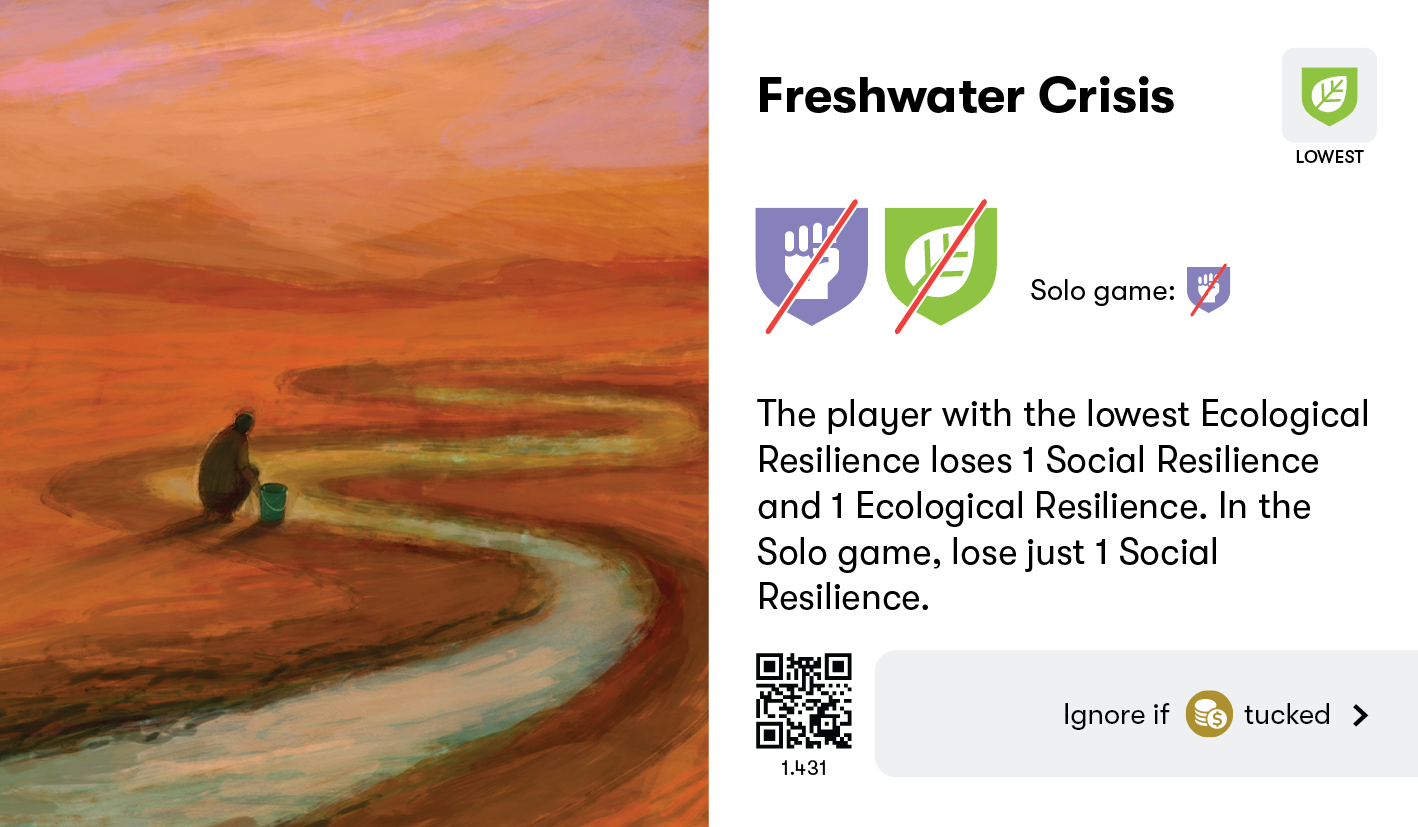Freshwater Crisis
Crisis
Access to clean water is critical for socio-economic development, energy and food production, healthy ecosystems and for human survival itself. The freshwater crisis is where demand for safe water outstrips supply.
2 billion people live in countries experiencing high water stress. Over half of the global population, 4.2 billion people, lack safely managed sanitation services. As a result, 297,000 children under five die every year from diarrhoeal diseases due to poor sanitation, poor hygiene, or unsafe drinking water.
Water use includes water used at home, for drinking and washing, but it also includes wastage, untreated used water and industrial use. For example, agriculture accounts for 70% of global water use; and 80% of wastewater flows back into the ecosystem without being treated or reused. Water pollution from industry and agriculture is rife, reducing the amount of safe water available.
Water is at the heart of adaptation to the climate emergency, serving as the crucial link between society and the environment. It is critical for the health and resilience of ecosystems and humans facing more frequent and intense pandemics, wildfires and crop failures. Sanitation is also vital to improving health, education and economic productivity; in particular, women and girls who need to be able to manage menstruation and maternity in dignity and safety.
There is lots we can do to mitigate the freshwater crisis. Around two-thirds of the world’s transboundary rivers do not yet have a cooperative management framework for the shared water resource system. Tackling industrial water pollution will increase the health of waterways and water bodies. Robust drought and water management plans will ensure water is distributed fairly and managed carefully.
The player with the lowest Ecological Resilience loses 1 Social Resilience and 1 Ecological Resilience. In the Solo game, lose just 1 Social Resilience.
If this Crisis was face up during the Local stage and players tucked an Incentive tag under it, this effect can be ignored.

Water (UN)
Water scarcity (UN Children's Fund, UNICEF)
Use only the amount of water you need, seeking advice from your local water board as to how much is available and how you can use it carefully.
Advocate for your local government to set up local and community-lead water management practices, such as plans for how to manage and protect local watercourses.
Campaign for your government to end industrial, agricultural and commercial water pollution, requiring companies that break these rules to pay for remediation and ecological restoration solutions.